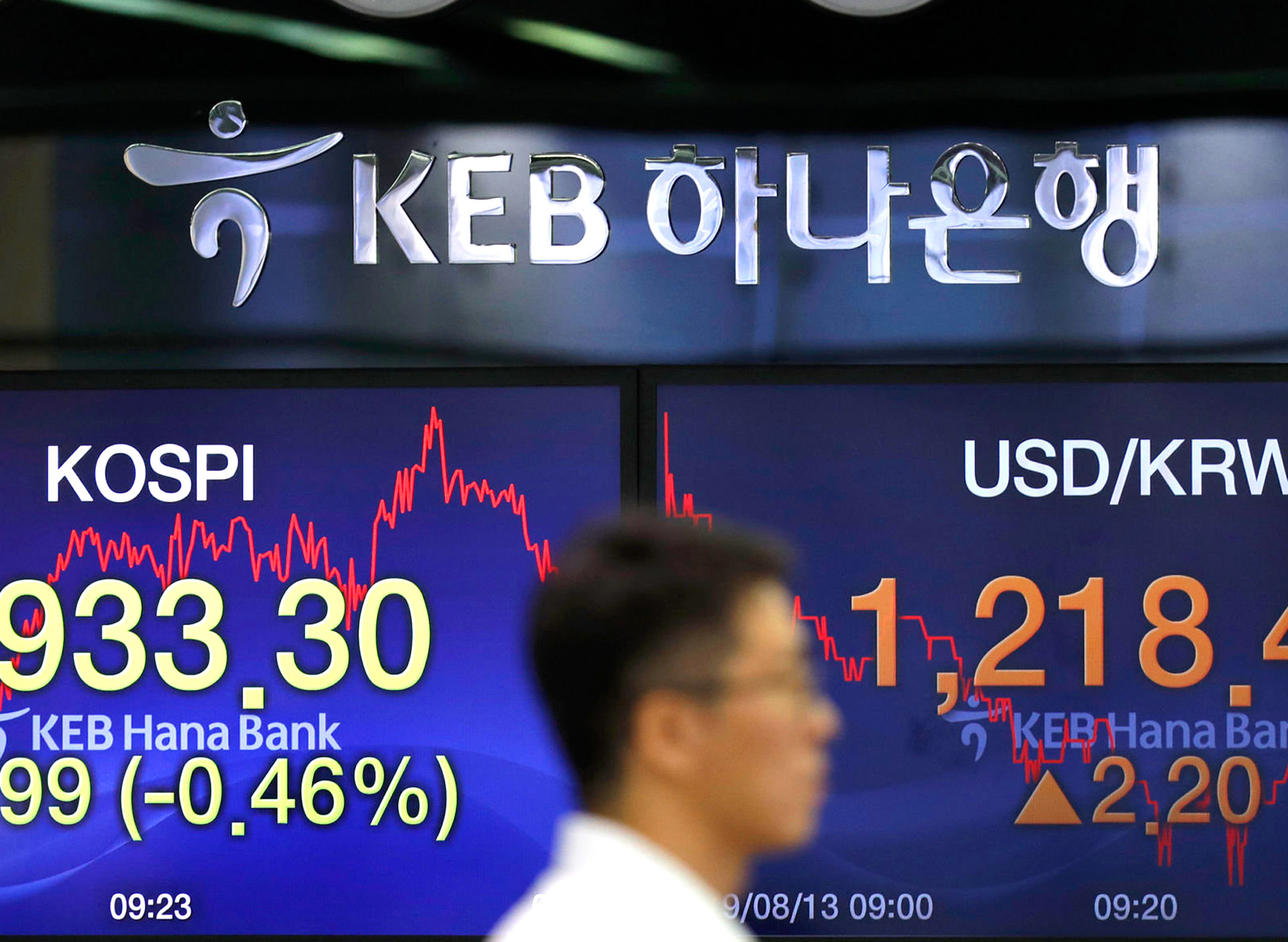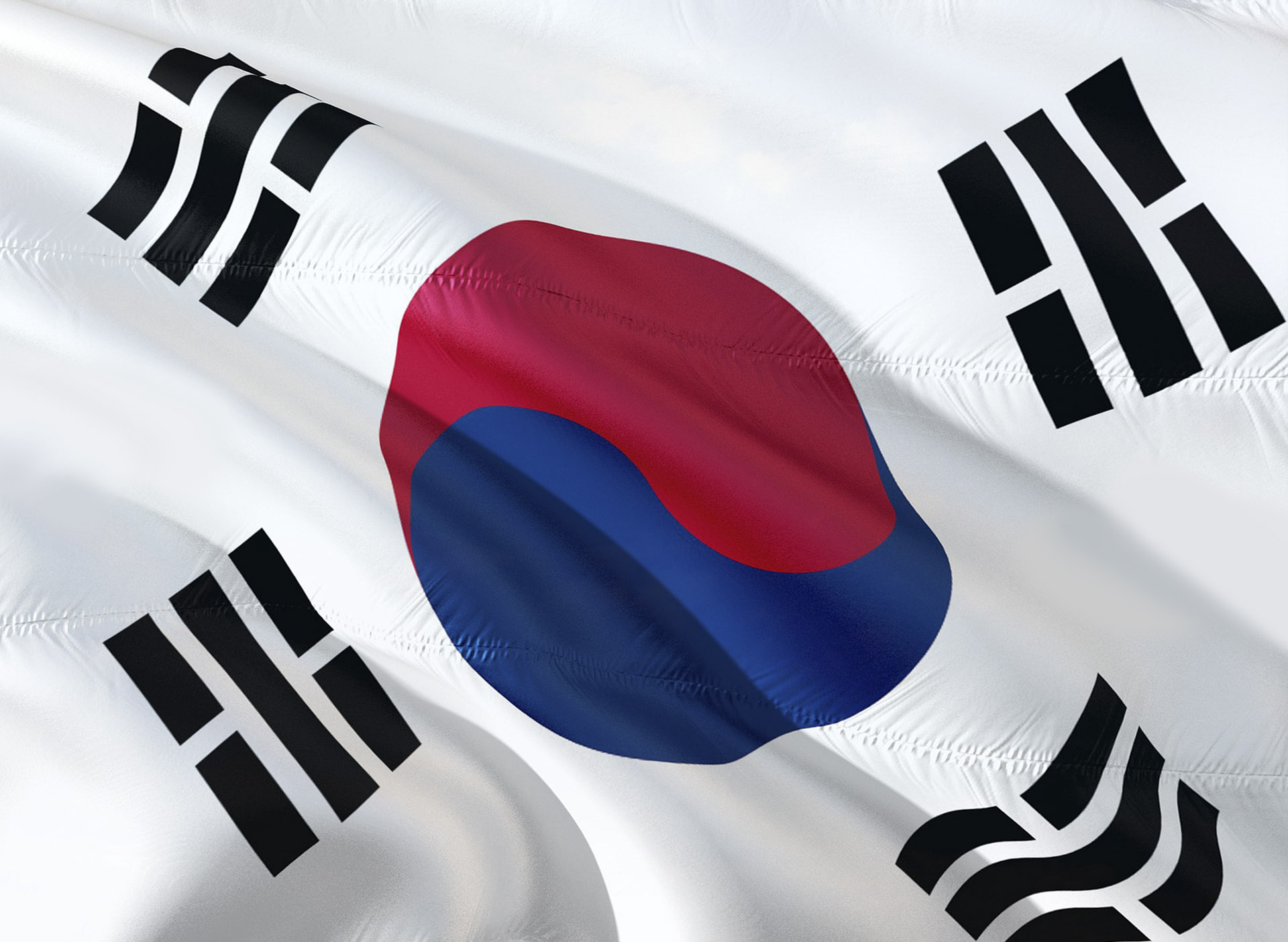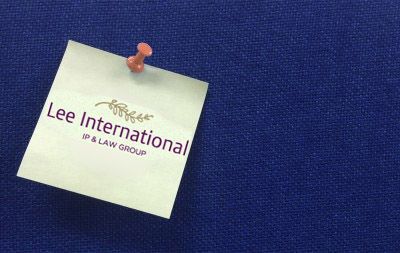 Start-ups and small companies attempting to grow their businesses globally are increasingly receiving warning letters and/or cease-and-desist letters from non-practicing entities (NPEs) in other countries, threatening litigation. These threats to start-ups and other small companies create barriers to their entry into target markets in other countries, due to existing patents in those target markets. Given the global economy, it is no longer possible for companies to survive and grow their businesses by focusing solely on IP laws and intellectual property rights within their territorial boundaries. They now need to thoroughly review and manage their patent/IP portfolios and understand IP laws around the globe in order to expand their businesses abroad and to survive in the existing market. In this regard, there are a number of points that these companies need to consider. First, one country’s legislation and enforcement efforts now can strongly influence business activities in other countries. For example, if a US company imports products that were manufactured outside of the US, using a US patented process for manufacturing those goods, one might assume that there was no infringement of the US process patent in light of territorial principles because the patented manufacturing process occurred outside of the US. (For purposes of this article, let’s set aside an infringement issue in connection with patented goods). However, 35 U.S.C. § 271 has expanded the scope of infringement of a process patent by a third party to include the sale, offer to sell, use and importation of any patented invention into the US, thereby essentially protecting the holder of a process patent to the same degree as the holder of a patent on goods. Not only can 35 U.S.C. § 271 make an importer and a seller an infringer of a process patent, but it also can make a manufacturer who used the US patented process to manufacture goods an infringer of the process patent because that manufacturer ‘actively induced’ infringement of the patent by exporting such goods to the US. This vast expansion of the scope of protection and enforcement of intellectual property rights may be a natural move considering the globalisation of businesses. Korean or other companies who used to rely on the territorial principle and neglected or disregarded the potential risks associated with IP laws may need to now acknowledge these risks, discuss them with relevant professionals and experts, and prepare accordingly. Second, companies need to be well-acquainted with laws and regulations related to the transfer of trade secrets between countries. In Korea, there is a law called the Act on Prevention of Divulgence and Protection of Industrial Technology (APDPIT) which was enacted to prevent certain industrial technologies from being divulged. That Act punishes any person who commits certain offenses under the APDPIT with imprisonment for up to ten years or a fine of up to one billion won. Many other countries have also enacted similar laws or regulations designed to protect their industrial technologies and prevent them from being divulged. Notwithstanding these laws, there are many instances where companies with special relationships share trade secrets. This sharing may violate the APDPIT and pose a risk to the long-term survival and growth of those companies. These are just a few of many examples that exist. As businesses continue to become more globalised, the scope of intellectual property rights and the spillover effects of their enforcement will become even broader and more pronounced. To survive and grow companies will need to be prepared. |
Lee International IP & Law Group
Poongsan Bldg. 23 Chungjeongro
Seodaemun-gu
Seoul 03707, Korea
Tel: 82 2 2262 6059
Fax: 82 2 2273 4605
Email: kjpark@leeinternational.com
www.leeinternational.com









































 Nicholas H. Park
Nicholas H. Park







